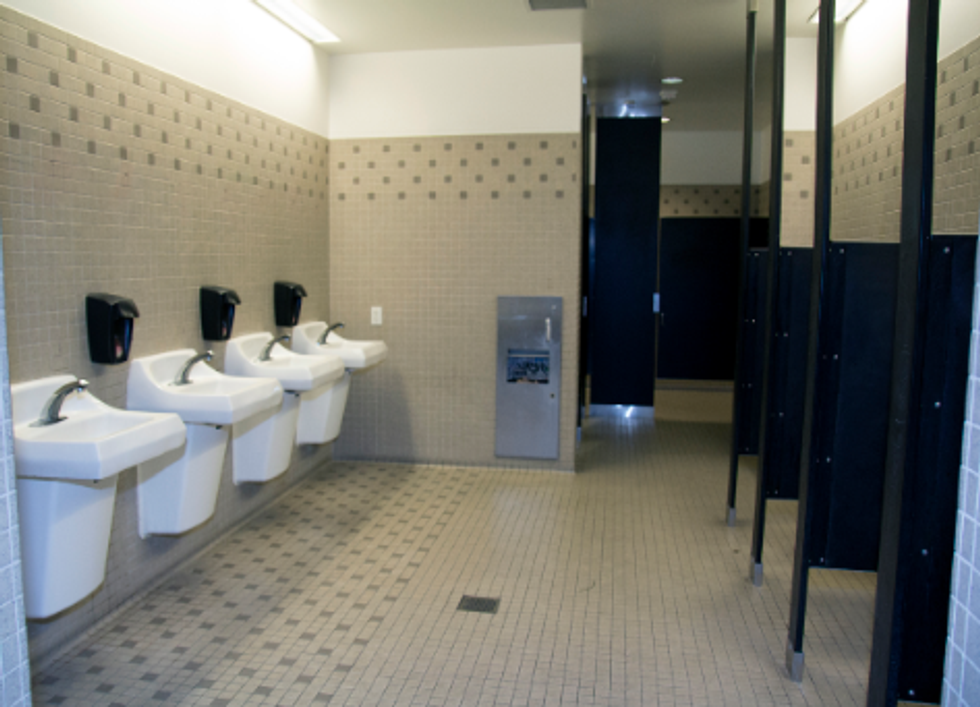Every college student has pros and cons about the university they attend. Some even transfer because they are not happy with the place they chose. To avoid this problem, here are some things to consider before making your final decision from the point of view of a college student:
1. Campus Size
If you are more of a quiet person that keeps to yourself, a big campus may not be the one for you. Or it may be! On a bigger campus, there are more people of which maybe a few of them will be a perfect match for a best friend, whereas on a smaller campus there are less people to find your perfect match from. Also, on a bigger campus it is easier to get lost, but there are also more things to do. Also, if you prefer smaller classes, a smaller campus is more likely to provide you with smaller classes and more personal time with your professors should you need help.
2. Distance from Home/personal relationships
Trying to maintain relationships with family and friends/significant other can be difficult with distance, especially with the work load of college. If you are willing to let your relationships take the back seat to your work, a bigger distance may be right for you. But if you want to maintain the closeness you currently have, you may want to consider a closer campus. Also, if you are not ready to be 100% on your own, a smaller distance would be the best option.
3. Majors and Minors
If you know what you want your specific major to be, it is important to not only choose a school that offers your specific major, but to choose a school that is strong in your major.
4. Student Life
If you are the type of person that enjoys social gatherings, research the school's student life. For example, research the different clubs, Greek life, and athletics offered on campus.
5. Price
If you know that you cannot afford a highly priced college, than try to find a cheaper school that would offer you financial aid and scholarships. Or look for different programs, such as attending a two-year school and then transferring to a four-year school. Also, research financial aid and scholarship options.
6. Alumni Success
Research your schools' alumni success. This information may be vital when deciding on a school. Research things such as graduation rate, job rate, and how long after graduation do the majority of the graduating students become employed.
7. Environment
If you are the type of person that dislikes cities, choosing a college in/near the city would not be a good ides. Research the area that surrounds the school, not only the city/town it is in, but also the surrounding cities. Also, research crime rates in the area within the university.
8. Admissions
It is important to research the admissions rate and criteria so that you know the odds of you getting into the school. If the criteria describes the student as needing a 4.0 GPA and your GPA is a 2.5, I would not recommend applying.
9. School Spirit
You need to know how much school spirit is shown by the student body. Typically schools that show a lot of school spirit are universities that are known for sports, such as Ohio State University. If you are not THAT big into school spirit than I would shy away from these types of schools.
10. Programs Offered
You need to ask yourself what you want to do while in college. If you want to study abroad, or study a new language, you need to look into what types of programs they offer. Also, there are many programs offered in universities depending on major that might interest you. Research the different programs offered by your school.













 Photo by
Photo by 








